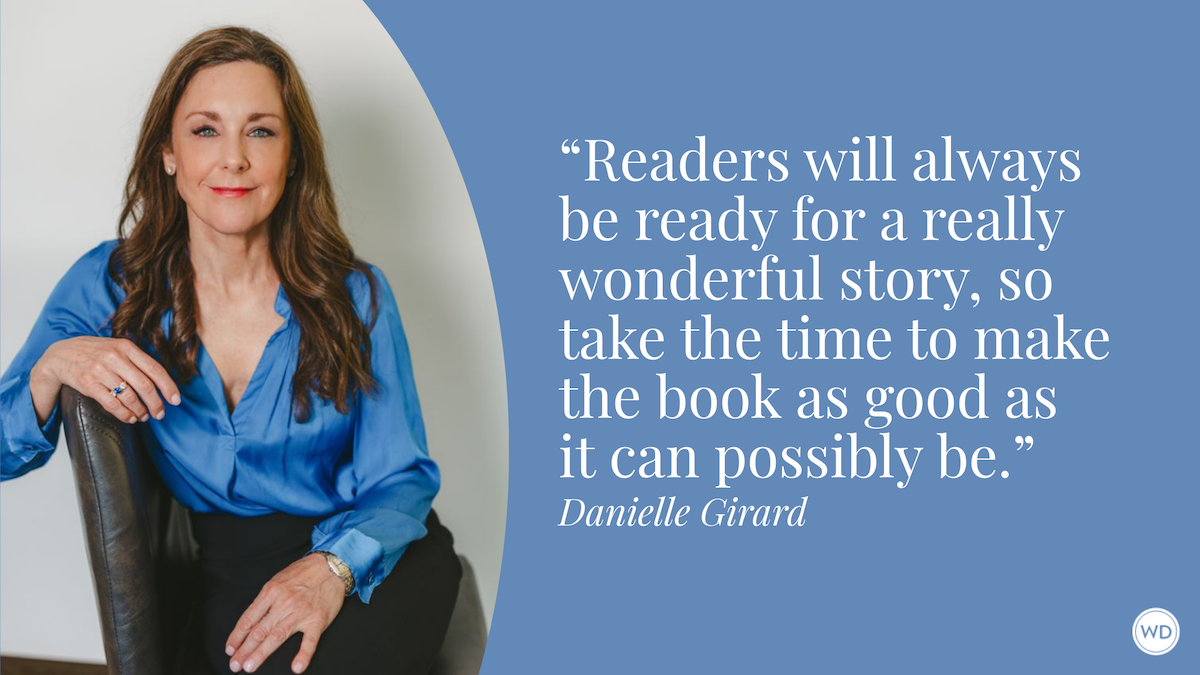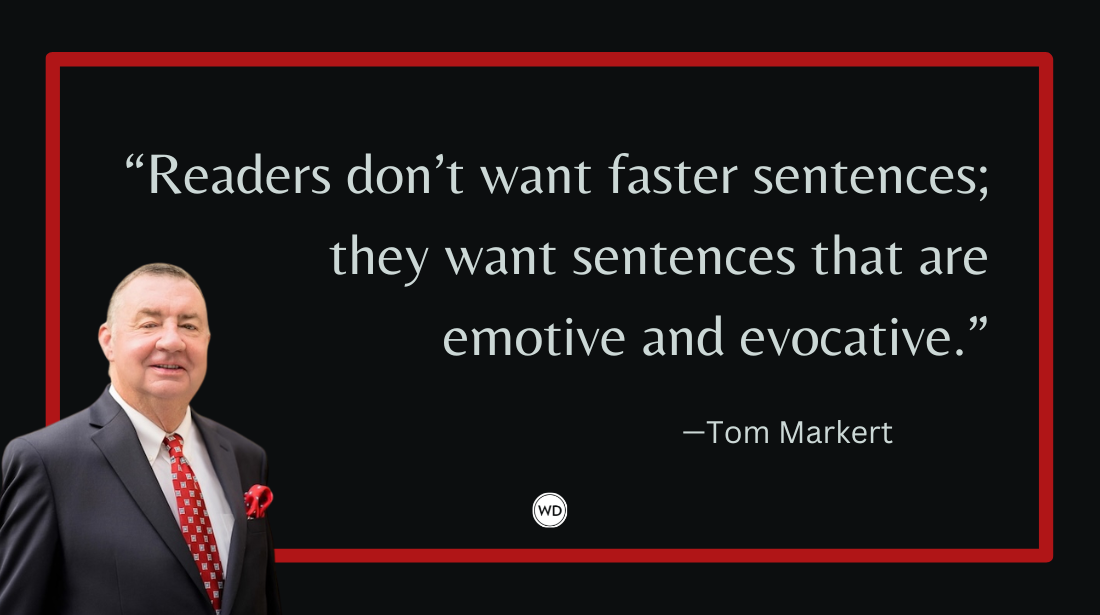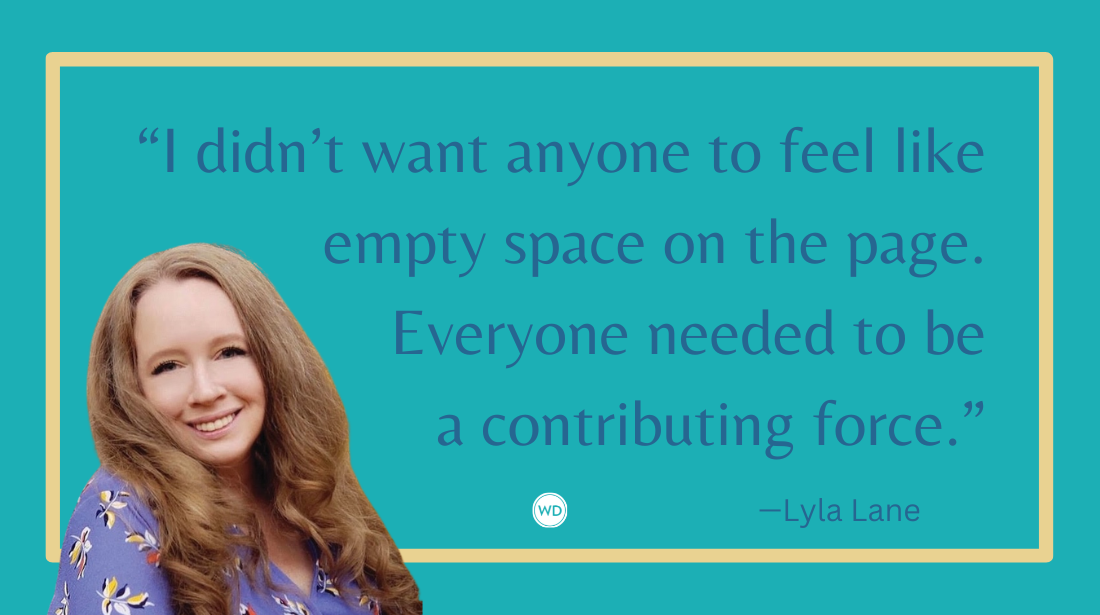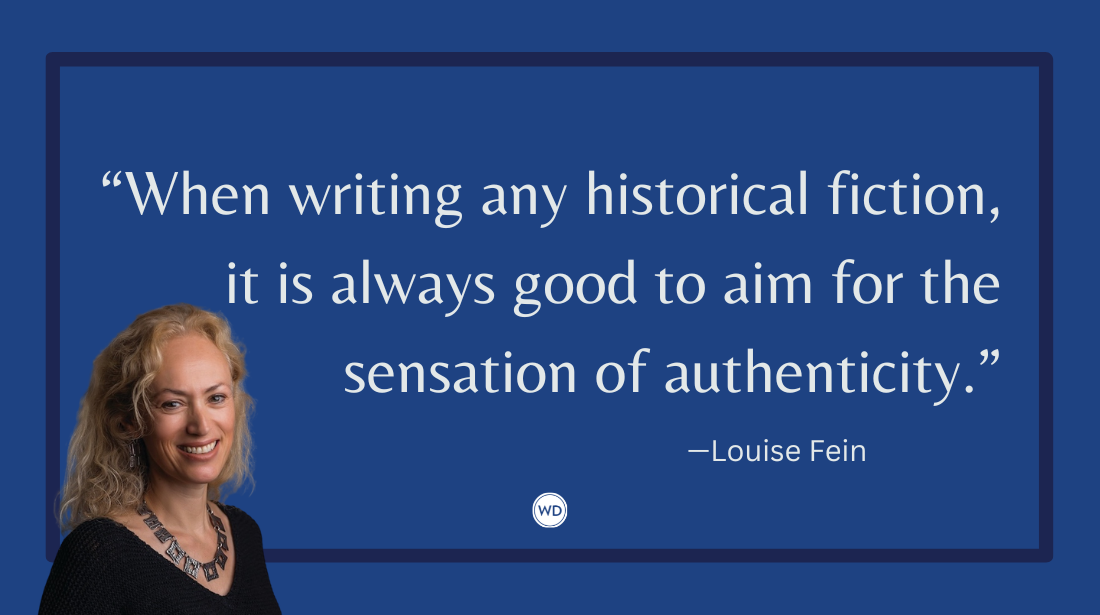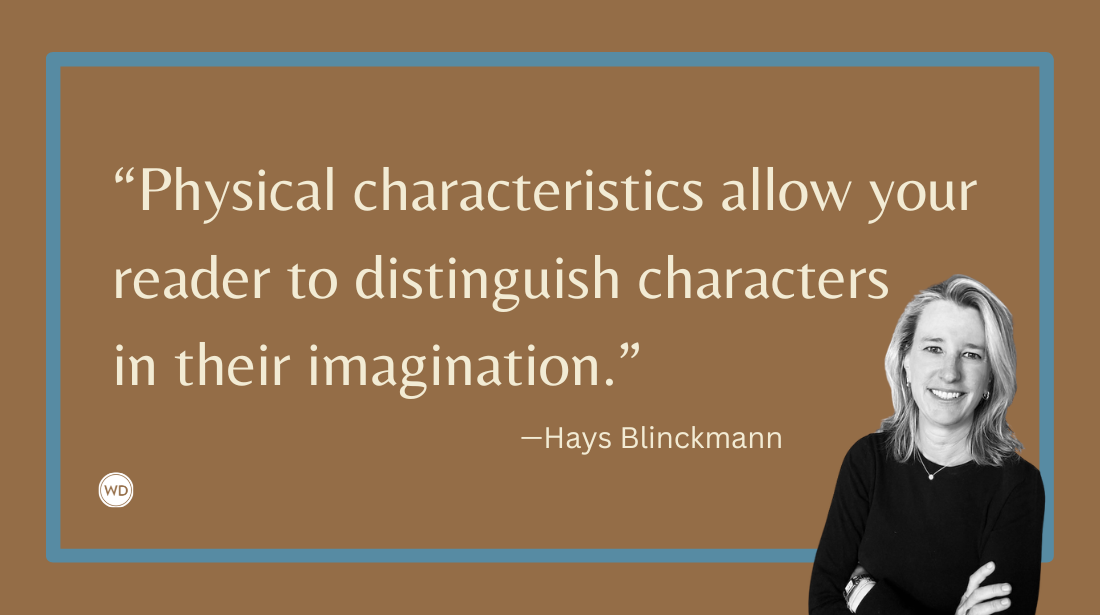Social Media as a Narrative Tool: How to Integrate Modern Platforms Into Fiction
Award-winning author Mark Sarvas discusses using social media as a narrative tool by integrating modern platforms into fiction.
Given how many of us feel assaulted and overwhelmed by social media, why on earth would we want to include it in the refuge of a novel? We’ve all seen those posts, loudly and a bit virtuously proclaiming the desire to step back for a social media fast. (Guilty as charged!) Isn’t it reasonable to want a corner of our lives that’s free of its insidious reach?
And yet. Social media has arguably become the central if not the defining feature of modern life. For good or ill, how can a novelist engage with the present moment without incorporating it into our stories?
From a craft perspective, this is not exactly a new problem. Communications technologies evolve and work their way into the literature. The epistolary novel has been with us since the 1600s, letters being that age’s core communications technology. E.M. Forster famously opens Howards End with an exchange of letters, which receives a witty update into email form in Zadie Smith’s novel On Beauty. John Dos Passos’s modernist masterpiece, his USA trilogy, inserts newspaper headlines and article fragments to help thematically frame the historical moment. Today, booksellers are awash in novels that incorporate texting, email, and yes, social media.
Having just completed a “social media novel” (for lack of a better label), I’m thinking a great deal about how novelists can usefully incorporate these platforms into our storytelling. There are, I think, two key pitfalls for writers to avoid.
The first is relying on social media as some kind of short cut or easy signifier of the times we live in. I talk about this to my UCLA students all the time in the context of pop culture references—the importance of remembering that (a) they are not universally shared and (b) tend to age out within hours. So, leaning on a pop culture reference to do your explaining for you—saying that your protagonist is a macarena kind of guy—may leave a large block of your readers in the dark and will likely not stand the test of time. It’s shorthand, and shorthand is lazy, and it shortchanges your readers.
The bigger pitfall—and I acknowledge that my novel @UGMAN may appear to run afoul of this one—is that these platforms should serve, at best, as supporting architecture. Which is to say the platform is not the story, is not the thing itself. It’s just another device to support your characters and their stories. We are always reckoning with the impact of technology on our narratives; there is no Romeo and Juliet with cell phones and texting. (“Yo! Dead thing is a fake out, be chill.”) The trap for writers is this kind of stuff can be fun to write, and I see them leaning on it because it’s fun and easy and fills pages, not because it deepens our understanding of character.
@UGMAN has been described as a social media novel and a Twitter novel, and there is certainly truth in that. But it is also worth noting that there are only 12 actual tweets in the entire novel. And that tweets that do appear either function to clearly move the story along or to add character emphasis to something already in the text, in character.
So those are the pitfalls. What social media also gives writers is a kind of velocity; and a different way of thinking about sentences. We all know that social media voice—a bit arch, knowing, edgy. Or super earnest. There are so many fascinating new language conventions that are a result of social media (amirite?) and the novelist with an ear for the rhythms of voice and prose can have a field day playing with these strange new melodies. There’s much written about how social media corrupts our attention span, how it weakens our capacity for critical thinking (first thought is not best thought), and all this has some truth. But there’s also a wonderful challenge for the writer to capture this new flow of our time in a form that can suggest the fractured, rushed, but inarguably vital and vivid energy of the interwebs.
We are living through the first phases of so-called internet novels, of which @UGMAN is my modest entry. And although it’s easy to dismiss these books, they are hooking into something urgent and relevant, and I’m personally excited to see how the form develops as new writers bring their own particular and individual responses to this brave new world.
Mic drop.
Check out Mark Sarvas' @UGMAN here:
(WD uses affiliate links)




